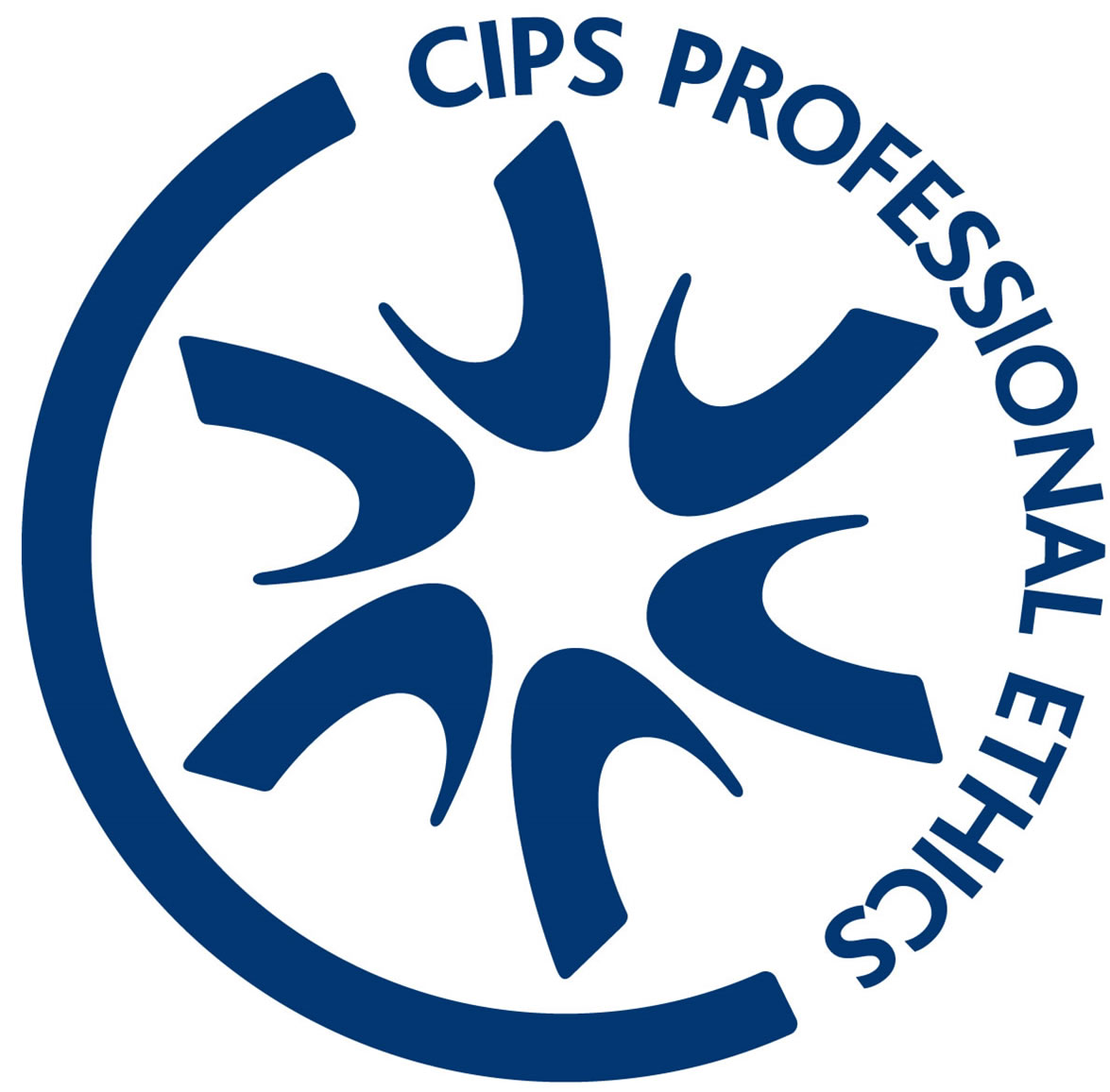The impact of modern living habits is having an undeniable effect on the quality of life for people on our planet. 90% of people live in places affected by air pollution which contributes to the deaths of 7 million people every year. Our businesses are increasingly global in their scope and our need to travel grows with each passing year.
As a university, we have an international outlook and our staff cross the globe to speak at events, further their research and promote our wider academic objectives. However, we must be mindful that this activity comes at a cost. The centralised travel management data we collate allows us to manage and monitor this activity and make informed decisions about the net benefit of any given journey.
Financially we are the custodians of student fees and it is of the utmost importance that the funds they choose to invest in us are not wasted on frivolous and unproductive projects. Environmentally, those miles also contribute to a significant amount of carbon being introduced to our atmosphere each year.

Air Pollution
Modern living habits also have a significant impact upon mental health, something that is a concern felt keenly by those of us who work in universities. The majority of mental health conditions manifest themselves before the age of 24, meaning the students of our institutions are among those who are at particular risk.
Over the last decade there has been a five-fold increase in the number of students reporting mental health issues within the first year of their university lives. A lack of mental health care has a negative effect on the quality of student’s academic performance and their general well-being as well as their ability to participate in society. The consequences of poor mental health care are dire, from increasing evidence of substance abuse through to the number of student suicides, which have risen 80% since 2007.
On campus we employ a data driven system of Learning Analytics to collate meaningful information on student activities, in order to be able to respond promptly when the early symptoms associated with poor performance and mental health issues arise. Identifying specific changes in behaviour such as drops in attendance and disengagement from learning can allow timely interventions to treat the early stages of stress and mental health issues.
Working like this helps us to achieve Global Goal number 3 – which encourages us to ensure that every human has the opportunity to lead a health life and to promote well-being for all. Our objectives to help us work towards this goal include;
Working like this helps us to achieve Global Goal number 3 – which encourages us to ensure that every human has the opportunity to lead a healthy life and to promote well-being for all. Our objectives to help us work towards this goal include;
- Reduce contributions to illness caused by hazardous pollution
- Help create a world that prevents avoidable deaths
- Promote good mental health
- Prevent substance abuse and support those affected by it
- Improve systems that provide early warnings of health risks
As a society, the way we understand and respond to individuals who suffer from mental health issues or poor levels of well-being is not always as strong as it could be. Research in universities has radically reduced the number of worldwide deaths from communicable diseases and it will continue to do important work in promoting good lifestyles, mental well-being and securing effective health treatment for all who need it.
If you wish to learn more about mental health, student well-being and the impact of our procurement on the activities that can influence our environment, please get in touch.
Some information on poor health, well-being and schemes that address the challenges associated with them can be found here;
https://www.yorksj.ac.uk/staff/learning-analytics-project
https://www.who.int/air-pollution/news-and-events/how-air-pollution-is-destroying-our-health

